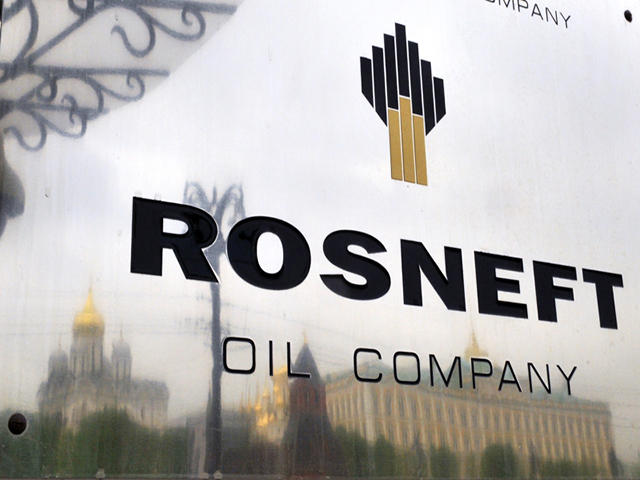
Rosneft plans to start drilling for oil on the Russian Arctic Shelf in August. The cost of the well to be drilled is said to be a staggering $1billion, though the company has so far given no detail of why it will be so expensive.
Andrei Shishkin, a VP at Rosneft, told an Arctic oil and gas forum in Moscow last month: “Rosneft will start working in the Arctic region from this year. In August, we will begin drilling at our Universitetskaya well in the Kara Sea and we plan to get first results in November.”
“The programme to develop the Arctic shelf is an important strategic state objective . . . it is not only a new step for the oil industry, but a new step in the industrialisation of the country.”
Shishkin added: “Oil from the Arctic shelf is more expensive than oil drilled in open waters, but current technology and light taxation mean it can be profitable.”
The company said last year that it had secured the Norwegian rig West Alpha to carry out the probe, with the start-up drilling operations timed to coincide with the warmest time of year and therefore when ice conditions should be at their least threatening.
Water depth at the spud location is 80m and the anticipated total depth of the well is 2,500m.
West Alpha is owned by North Atlantic Drilling. It was delivered in 1986 and so is nearly 30 years old.
The estimated resource base of the block where the rig is scheduled to spud is more than 35billion barrels oil equivalent and the total resources for the Kara Sea are estimated to be around 100million barrels equivalent.
Rosneft is following behind Gazpromneft, the oil arm of Russia’s gas monopoly Gazprom, which began producing oil from the Prirazlomnoye field in the neighbouring Pechora Sea last December.
It was this project that generated a storm of publicity during the latter part of last year when 30 activists and crew of a Greenpeace ship were jailed after allegedly getting too close to the Prirazlomnoye project during a protest.
Environmentalists have repeatedly warned that oil companies do not have the expertise to safely drill in harsh Arctic conditions – the Kara Sea is frozen for 10 months a year – and that an oil spill in the region would do catastrophic damage to a fragile ecosystem.
The Norwegian authorities have also made it plain that the industry is ill-equipped to handle a spill in the Arctic.
Last month, Rosneft said it would focus the greater part of its exploration work and investment this year on offshore projects, where preparation is going full-steam for deep-water drilling, both in the Kara Sea and in the Caspian. The company is currently also involved in an Arctic research project with Exxon.
Recommended for you
